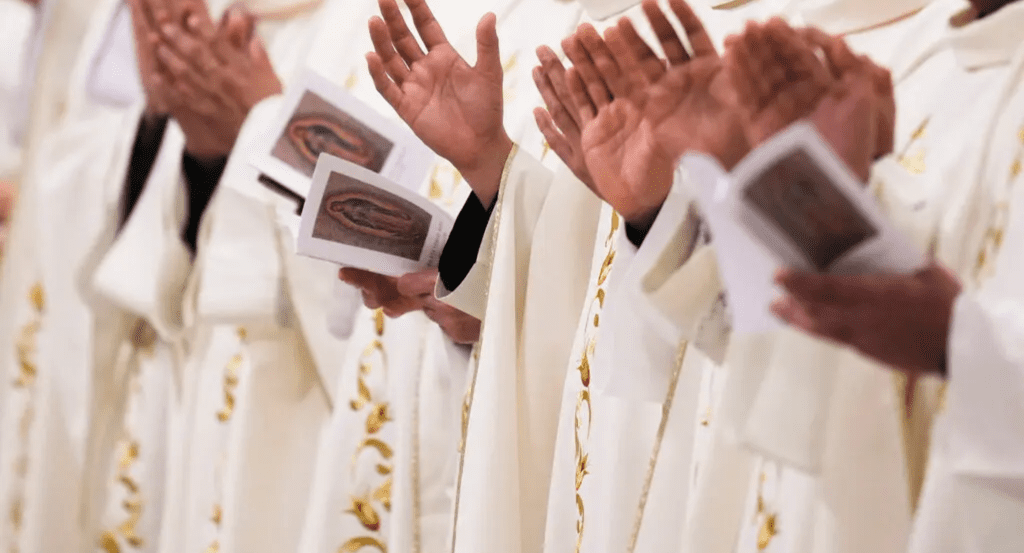In a landmark update to its guidelines, the Catholic Church has clarified its stance on the ordination of gay men. The new directive allows gay men to train and serve as priests, provided they commit to a life of celibacy and do not “flaunt” their sexual orientation.
The announcement, which has garnered mixed reactions globally, was outlined in updated guidelines issued by the Vatican. The document emphasizes that all candidates for priesthood must uphold the church’s teachings on chastity and celibacy, regardless of their sexual orientation. The guidelines aim to address concerns about inclusivity while maintaining the church’s long-standing moral and doctrinal positions.
Italy’s Catholic Church has welcomed the directive as a progressive step toward inclusivity, albeit with conditions that align with traditional values. “The call to priesthood is universal, but it requires a commitment to celibacy and a focus on serving God and the community without distractions,” the guidelines state.
The move comes amidst ongoing debates within the global Catholic community about LGBTQ+ inclusion. Supporters view the directive as a step toward greater acceptance, while critics argue it imposes unnecessary restrictions and perpetuates stigma.
Vatican representatives reiterated that candidates for priesthood are assessed holistically, considering their spiritual maturity, commitment to the faith, and ability to lead a life of celibacy. The new policy underscores that being gay is not, in itself, a disqualifying factor, but any outward promotion of a homosexual identity is discouraged.
This development aligns with broader efforts within the church to balance tradition with evolving societal norms. Pope Francis has previously called for compassion and inclusion toward LGBTQ+ individuals, famously stating, “Who am I to judge?” in 2013, but he has also maintained the church’s teachings on marriage and sexual ethics.
While this policy does not signify a complete shift in the church’s stance on LGBTQ+ issues, it is seen as a notable development in its approach to priesthood and inclusivity.




















